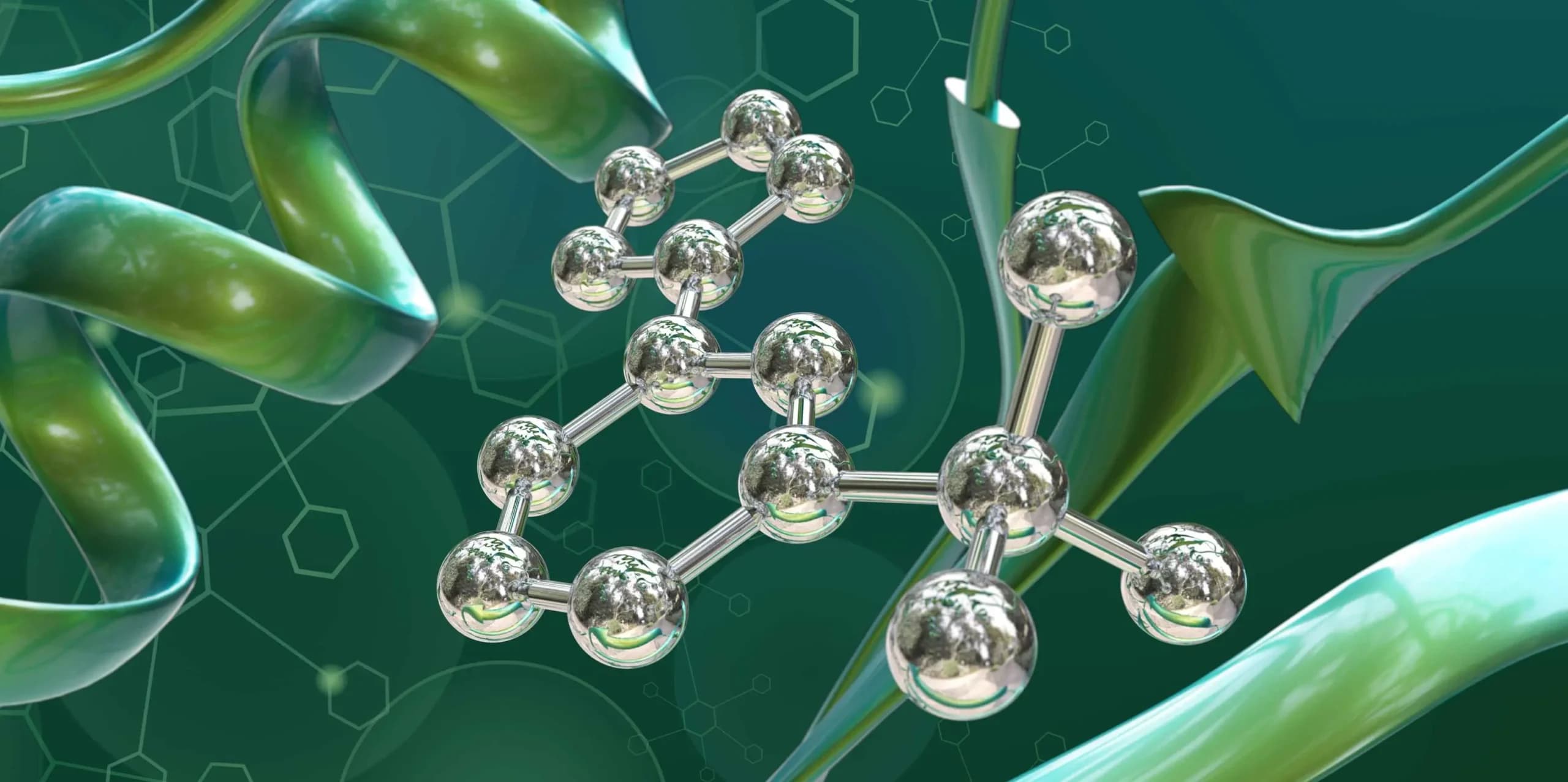Researchers have developed a new method for designing drugs from scratch. This method, called deep interactome learning, combines the strengths of graph neural networks and chemical language models. It does not require transfer or reinforcement learning, which are commonly used techniques in artificial intelligence.
The system, named DRAGONFLY, uses deep learning based on interactomes. Interactomes are maps of interactions between molecules in a cell. DRAGONFLY can generate molecules with specific properties, such as desired bioactivity, synthesizability, and novelty.
In a study, the researchers used DRAGONFLY to design ligands for the human peroxisome proliferator-activated receptor gamma (PPARγ) subtype. PPARγ is a protein involved in regulating metabolism. The researchers successfully designed several ligands that bound to PPARγ with high affinity.
Our work has made the world of proteins accessible for generative AI in drug research
said Gisbert Schneider.
This new method has the potential to revolutionize drug discovery. It could allow researchers to design drugs more quickly and efficiently, and to target diseases that are currently untreatable.
Image is a courtesy of ETH Zurich / Gisbert Schneider.
The original story can be accessed here.
The original research article can be accessed here.













Responses (0 )